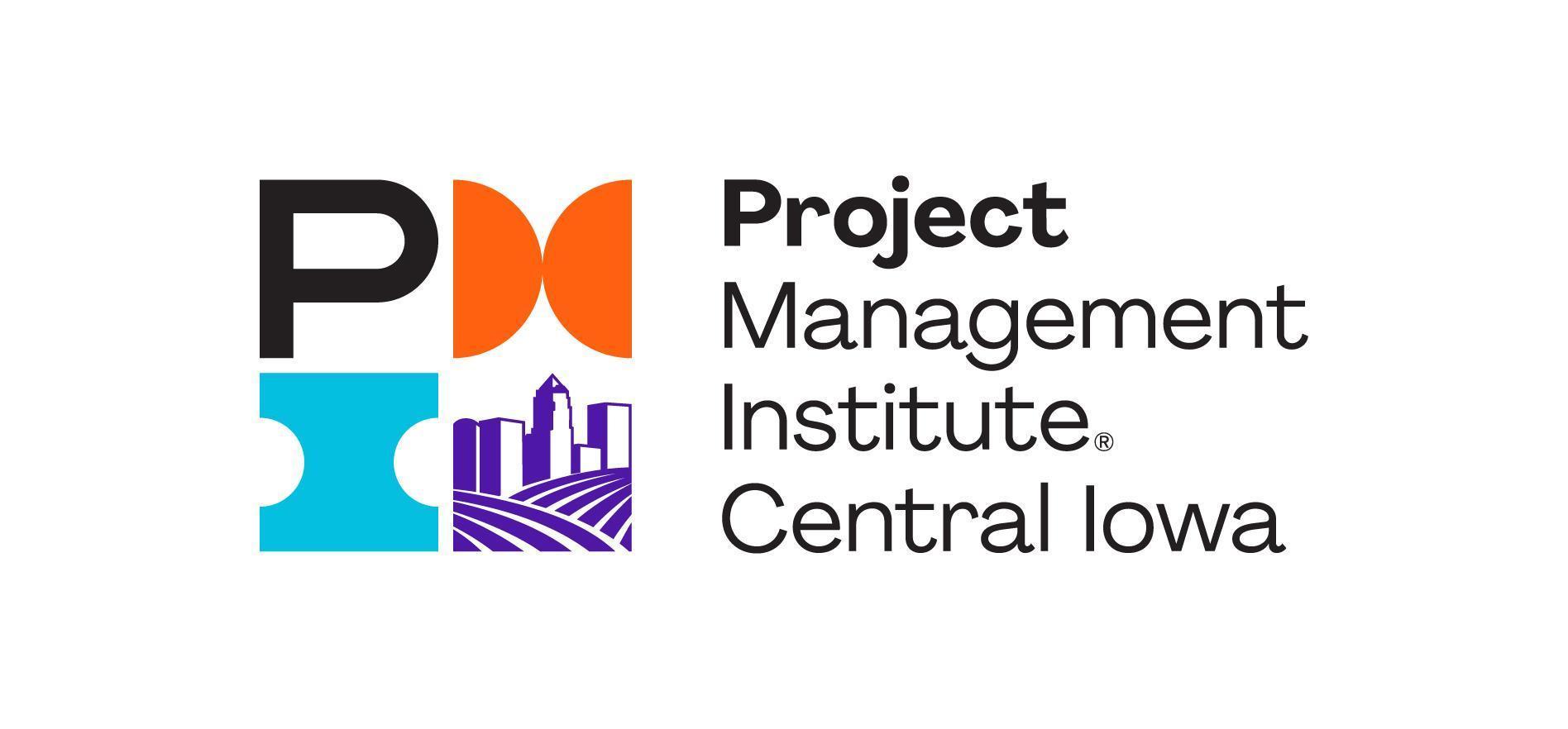05 June 2018 at 12:00AM
5 Tips from One Accidental Project Manager to Another - Guest Post by Kyra Jacobson
You volunteered to help with a project that couldn't get fully implemented. Not only did you get the project completed, but you did it while projects were just a small fraction of your "Other Duties as Assigned." Before you knew it, you found yourself lost on the Island of Misfit Projects. Sound familiar? If so, you are not alone.

According to The State of the Project Management Office (PMO) 2016 conducted by PM Solutions Research, PMOs are established in 85% of firms. While that number is impressive, projects materialize within all areas of an organization. Even in large companies, important projects may fall outside the PMO's scope. What happens when small businesses, or smaller units within larger organizations, have limited resources to manage essential, strategic projects? I believe that is precisely when the Accidental Project Manager is born.For me, Administrative Assistant was my title when I closed my first project five years ago. Today, I manage approximately 20 projects annually of varying size, scope, and complexity. While projects have become a formal part of my current role, they still only make up 60% of my overall responsibilities. Below are five tactics I use to create order amid the chaos as I transition from an accidental, to a certified, Project Manager.
- Expand Your Horizons. First and foremost, gather as much knowledge and as many resources as possible – especially if you are not currently using a specific methodology – to prepare yourself to manage any project that comes your way. Keep in mind, a hybrid approach may be necessary. Don't know where to start? In addition to applying for globally recognized certifications, Project Management Institute (PMI) members can access free webinars and a myriad of online content including sample forms and templates. You can also join your local PMI chapter for networking and mentorship opportunities. In some cases, your company may help pay for you to acquire additional training and certifications.
- Be a Multi-Use Pocket Knife. While you are acquiring new skills and knowledge, start to channel your inner multi-use pocket knife. What I mean is, each new perspective and skillset can be used for a specific purpose. For example, when our website development project needed additional testing, our team acquired the necessary skills and system access to complete the required testing. As a result, we were able to release the project on schedule. The trick is to successfully and accurately select the most relevant tool given your unique situation. When you establish a good rotation between your tools, one does not get overworked or lose its sharpness. After all, no one wants to open a bottle of wine with a dull corkscrew.
- Put On Your Listening Ears. Bill Gates said it best in his 2013 TED Talk, "We all need people who will give us feedback. That's how we improve." My most significant improvements have come when I not only solicit, but more importantly accept, honest feedback. To be truly successful in this area, you must be willing to take criticism of your ideas and processes to objectively choose the solution path which provides the greatest benefit to the end product and client. The most successful individuals continue to progress when they possess a willingness to improve.
- Good Relationships Don't Just Happen. Whether you are the only person dedicated to projects, or part of a fully functional project team, you will work with a variety of individuals to get your project accomplished. The most effective way to do this is by continually developing and cultivating relationships. A simple way to connect is to take a moment to write a personalized "thank you" note. See what impact your genuine appreciation has on your interpersonal relationships, job satisfaction, and project deliverables. As an added bonus, these trusted relationships are often the ones that produce the most valuable feedback.
- It's Not As Easy As 1-2-3. As an Accidental Project Manager, the most significant challenge I face is executing multiple parallel projects on time and with high quality. Lonnie Weaver-Johnson, CST, with The Braintrust Consulting Group led an exercise as part of our Certified ScrumMaster course this past November which demonstrates the production decrease when multiple projects are managed in parallel. The exercise goes like this: In 10 seconds, write down as many numbers as you can from 1 to 100 (Project 1). Now, take 10 seconds to write as many letters as you can from A to Z (Project A). Then, alternate between the two (Ex. 1-A, 2-B) and see how far you can get in 10 seconds. Notice the difference in output when you alternate between two projects? Imagine the decline in production – not to mention quality – if we throw Do-Re-Me into the mix! While managing multiple projects is often necessary, the "correct" number of projects will vary for each organization. Continue to advocate for the project load that is right for you and your team.
No matter what role you are in today, I encourage you to keep learning new skills, listening to those around you, and launching new projects.
Did you start your Project Management career as an Accidental Project Manager? Share your experiences, tips, and tricks in the comments below.
Kyra Jacobson, CSM, received her degree in Event Management from Iowa State University. Her passion for leadership, details, and organization quickly led her into Project Management. She joined the PMI Central Iowa Chapter in September 2017, and is expected to complete her PMP and PMI-ACP certifications in 2018. Connect with Kyra on LinkedIn.



